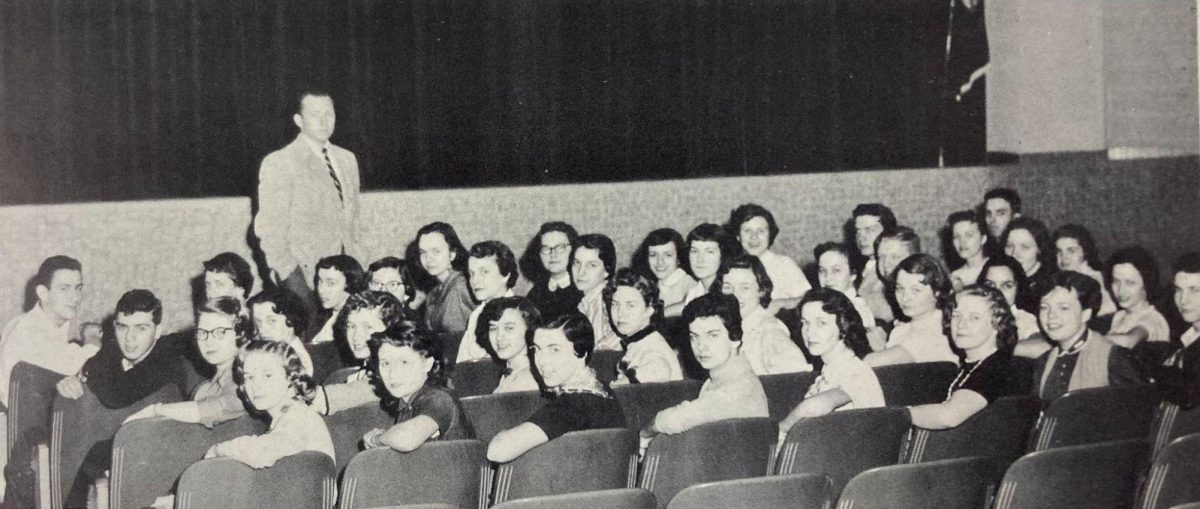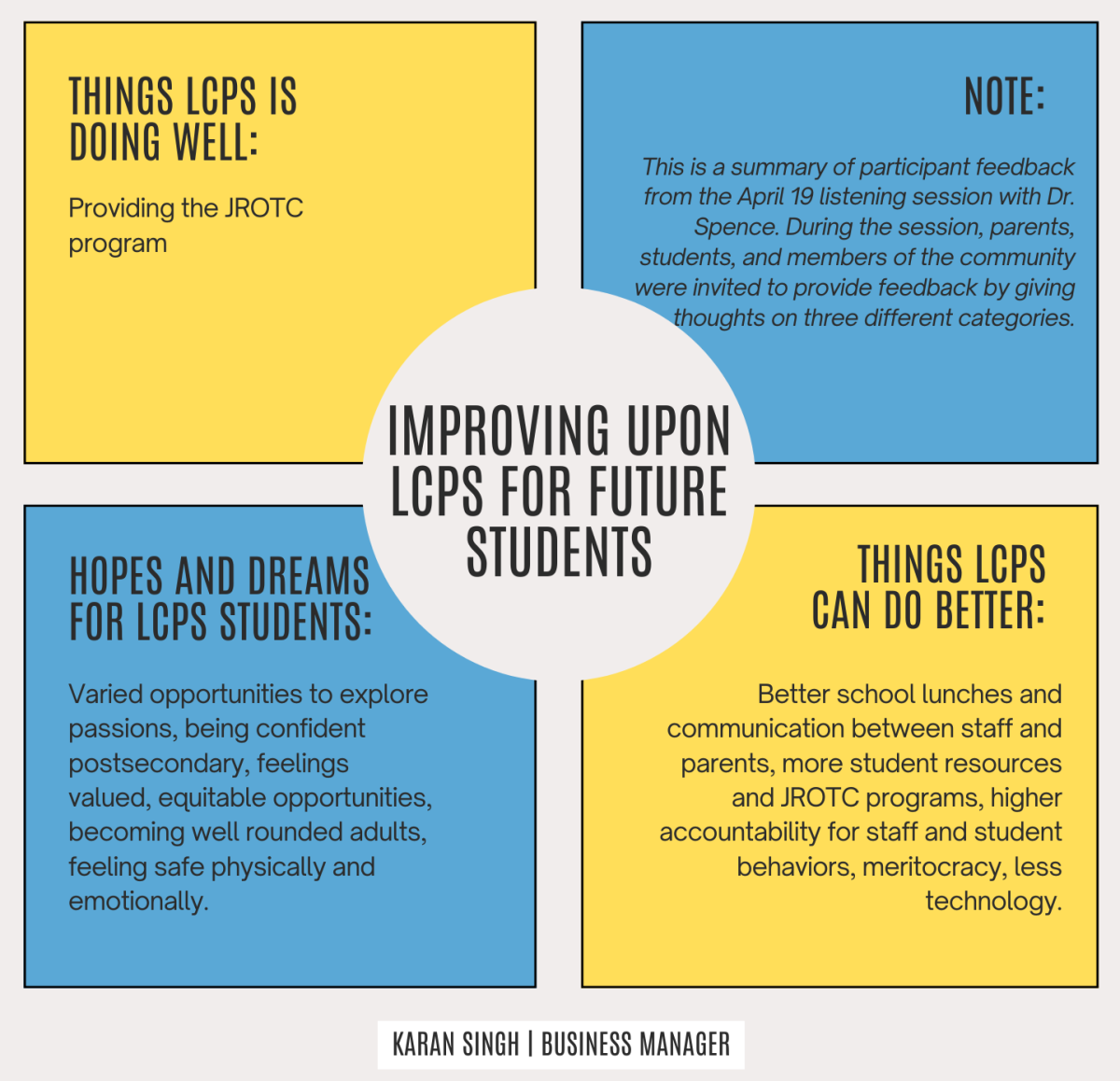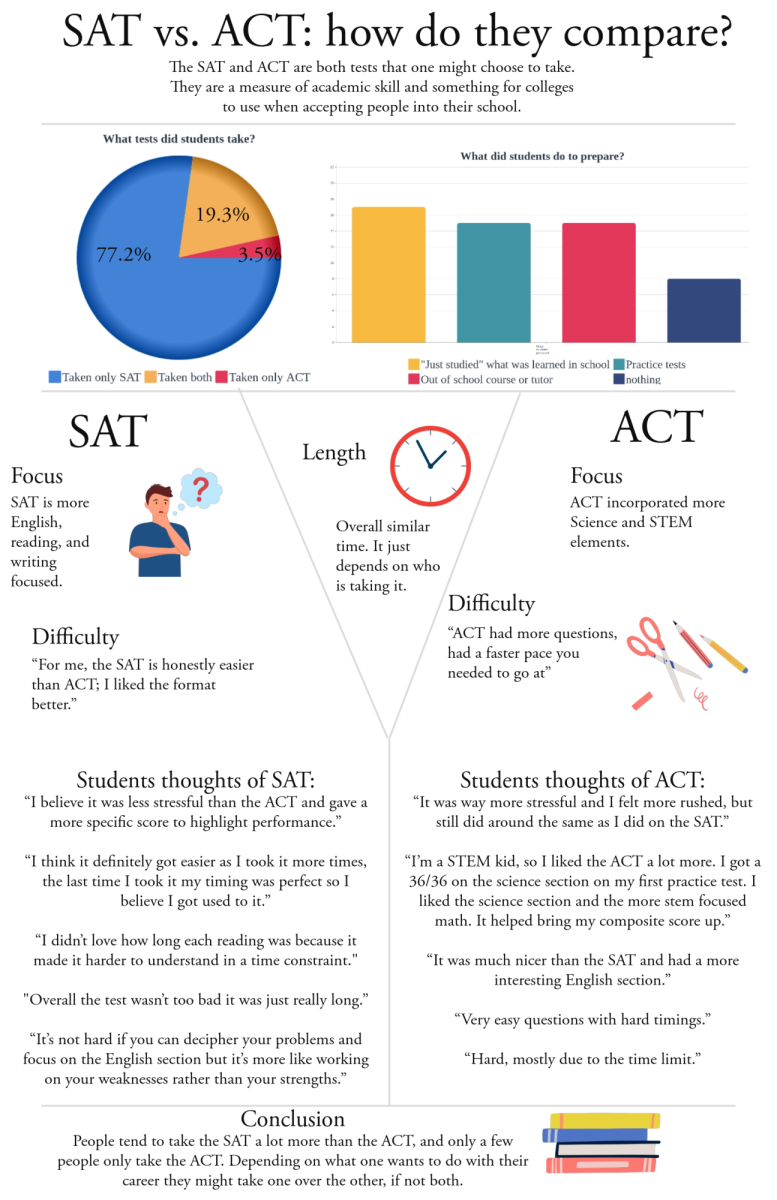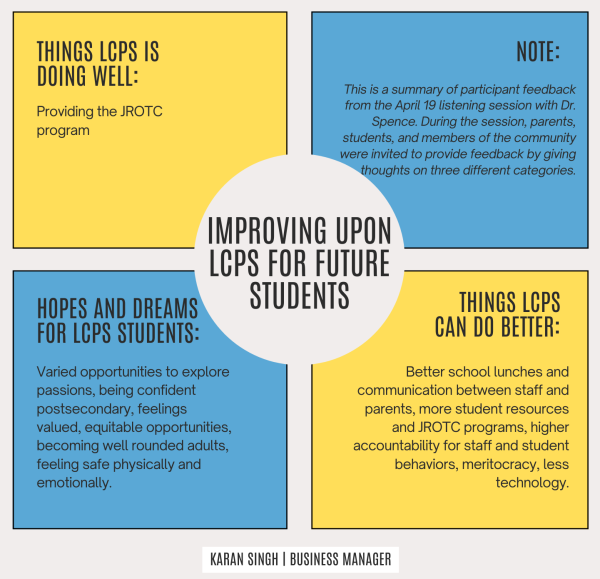Teachers think phones are hindering students
At the start and end of every English class, English teacher Kathleen Evangelisto says most students have their phones out. While most eventually complete the work and put their phone away, Evangelisto worries that with phones as an ever-present distraction, students are not digging as deeply into lessons as they otherwise would. Besides that, addressing the behavior of those who will not comply with the direction to put phones away uses up time following up with parents, completing the referral process in a time-consuming and disheartening scenario that negatively affects classroom instruction.
With the rise of phones, teachers have said that phone use during class is becoming a major problem.
“It’s just gotten more and more prevalent. It’s not just in school, it’s everywhere,” Social science and global studies teacher Phil D’Arcangelis said. “And my problem isn’t really so much of people missing school content, but missing life content.”
Many teachers agree that the phone use among students during class is excessive and disruptive, often resulting in having to repeat instructions and time being wasted.
“Repeatedly using a cell phone during class when the expectation is that cell phones be put away is more than just a nuisance. It is disrespectful to other students who have their class interrupted so the teacher can deal with the issue,” English teacher Tracie Lane said. “It is also disrespectful to the habitual cell phone offender themselves because it takes them away from fully engaging with the friends and classmates around them and the educators that are preparing them for their futures.”
Teachers are not only saying how phones are disruptive, but that they’re causing negative effects on students’ grades.
English teacher Shawn Simms said, “I always see a definite correlation between students who are on their phone all the time and their poor grades and poor comprehension.”
Simms isn’t the only person to notice a link between phones and grades.
“The kids who dutifully put their phones away, truly away, and stay off of them during class, typically have higher engagement in class, higher grades, and better skills,” English teacher Kathryn Ives said. “They also engage with their classmates more.”
“But ultimately if all they wanted to do is just zone out on their phone, I think that that will have its own consequences. I think you’re just kind of missing out on the character development,” D’Arcangelis said. “Even though maybe that won’t be completely reflected in your grade, I think what really sucks in the long run for you is that you’re missing out on the opportunity to have a real genuine laugh with your friends. Or maybe even just meet a new person in class that you might never have talked to before.”
Not only are phones causing worsened grades, but students’ attention spans are being affected as well.
“The ability to focus for extended periods of time, even five to ten minutes, has noticeably decreased,” School counselor Mathew Armes said.
Business education teacher Nicholas Guglielmo agrees that phones have decreased attention span. “Phones have hurt their attention span due to their fear of missing out on what is going on in the world.”
The decreased attention span among students has gotten so bad that many teachers have had to alter how much work they can go over in a single class.
“We have had to modify instruction over the years to put it in smaller bites. There’s an impact on imagination,” Evangelisto said. “If you can’t imagine different things when you’re reading something or connecting in all different ways, you’re not going to have anything to share and discuss and that’s why it’s heartbreaking. It’s robbing people of their ability to understand their own creativity.”
Evangelisto at one point was trying to help a student during class, and the student gestured for her to “hold on” while they finished a level of a game on their phone before being receptive to help. Evangelisto says this has happened three to four times before in the past.
“It makes me sad. Like I said, it kind of keeps getting in their way. It’s not letting them generate a thought and follow with a thought, throw a thought out and develop another thought,” Evangelisto said. “It’s not really giving a lot of people a chance to get to know themselves in their own minds.”
D’Arcangelis agrees.
“I think it’s a little out of control. Regardless of whether you’re worried about missing stuff in class, or whether you care about the class that you happen to be in when you’re using your phone. You’re kind of missing out on what it’s like to be just here right now,” D’Arcangelis said. “There’s just the neatness of making connections with other people. I think that is really a great and important skill. I think that people are missing out on that, just the coolness of being aware and here right now. There has to be limits on it, otherwise you end up living in a world of distraction.”
Many speculate on reasons why students have become so addicted to their phones.
“There’s just so much information and there’s so much you can look up on the phone. I think once you start the habit, it’s hard to break,” Family and consumer science teacher Andrew Policelli said. “Texting is now the kind of standard form of communication and then games, social media, all sorts of different posts, that they just get addicted to. It’s easy and it’s right there and the phone’s always in their hand.”
Evangelisto said that even society is to blame for this addiction.
“I don’t think it’s their fault, I think it’s society,” Evangelisto said. “The way that the phones are structured and the algorithms are structured and the way in which the world that we live in today is structured. We look at a kid holding the phone and say, ‘What is your problem?’ But adults are the ones who put that into kids’ hands. Adults are the ones who are continuing to allow them to have it in their hands. At the same time we’re disciplining them and writing them up and referring them for having it in their hands. I don’t think that we’re fulfilling our responsibilities as educators if we continue to allow it to impact our classrooms.”
Marketing education teacher Jennifer Marden said fear of missing out is also a reason for phone addiction. “It’s the constant thought of ‘I’ve got to see what’s going on. I’ve got to make sure people know what I’m doing and what everybody else is doing.’”
Marden shows concern with students and what they share on social media considering digital footprint. “I think students have to be very, very careful of what they say and post. Digital footprints are out there forever,” she said.
Simms said, “I think that it’s training of the brain at this point that there needs to always be constant stimulation.” Simms believes this is a generation that “Needs their music or a video or texting.” That sitting quietly makes this generation “very uncomfortable.”
“I say put your phones away and they don’t even know that their phone is still sitting right there. They’re not blowing me off, it’s just so much like a part of them. They almost don’t even see it as a separate thing sitting there,” Evangelisto said.
Policelli agrees that phone use is affecting students’ academic and future work lives. “They’re going to have the same issue when they go and start working. If they’re on their phone when they’re supposed to be working, that’s going to be a problem for them,” Policelli said. “It just sucks up so much of their time that it takes away from so many other things.”
Lane agrees that by the time students are ready to graduate, they should be demonstrating behaviors of a responsible adult. “As a 12 grade teacher, I should not have to remind students to put phones away. A part of transitioning into adulthood and adult responsibilities is moderating our own behavior.” she said.
Evangelisto wonders why the schools are allowing students to continue a harmful habit. “Just like I wouldn’t let a kid pull out a pack of Marlboros, why am I letting them do this in front of me when I’m trying to help them grow as a person?” she asked.
“But when you’re on Tiktok, and playing games and stuff, and I’m trying to tell you about the Holocaust we’re like it’s never okay to be kind of down here when someone’s talking to you but especially during this we’re just not going to allow it,” Evangelisto said.

Hannah Winegar is a senior at Loudoun County High School. This is her second year writing for the LCHS Newspaper.



































